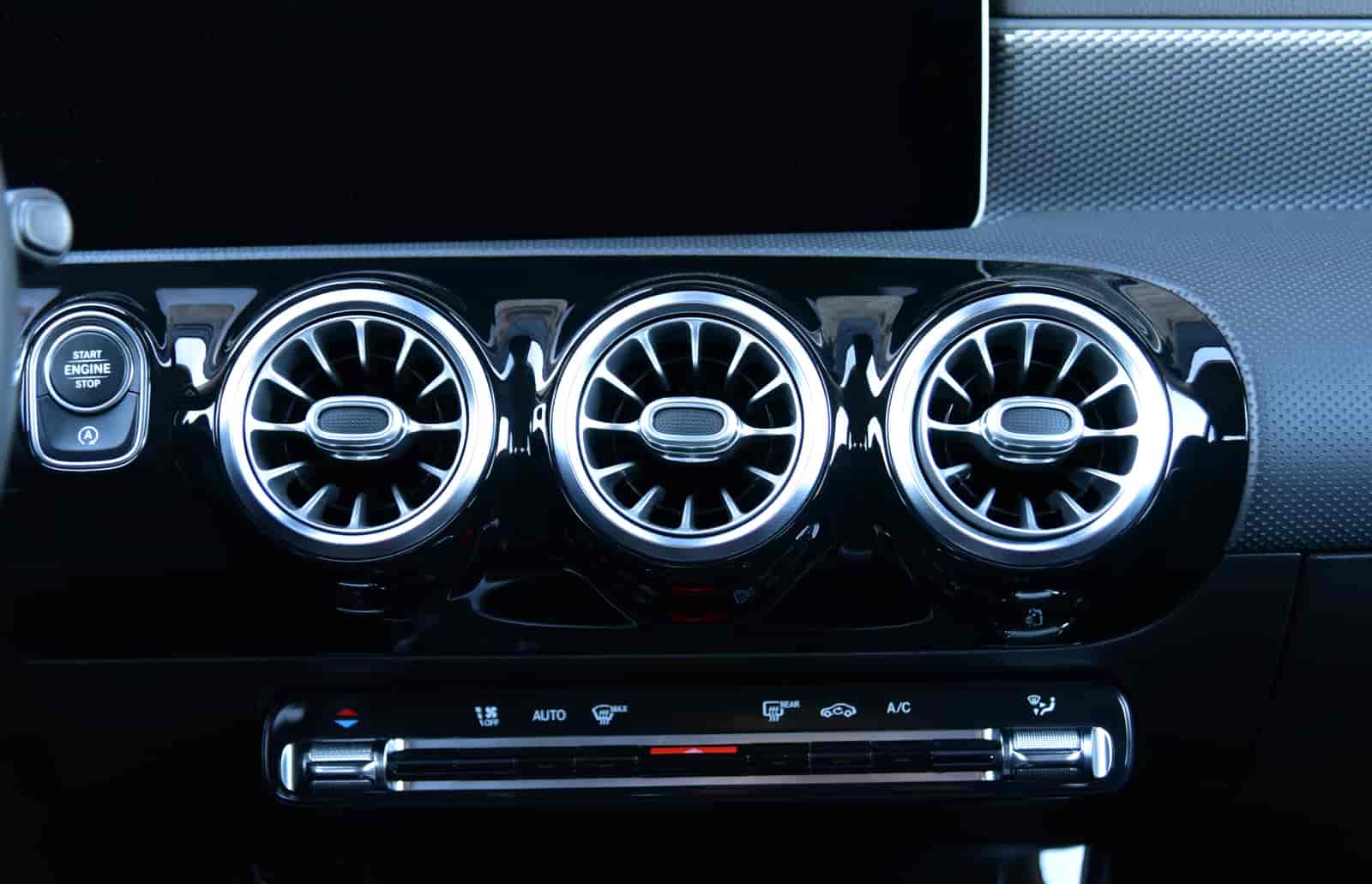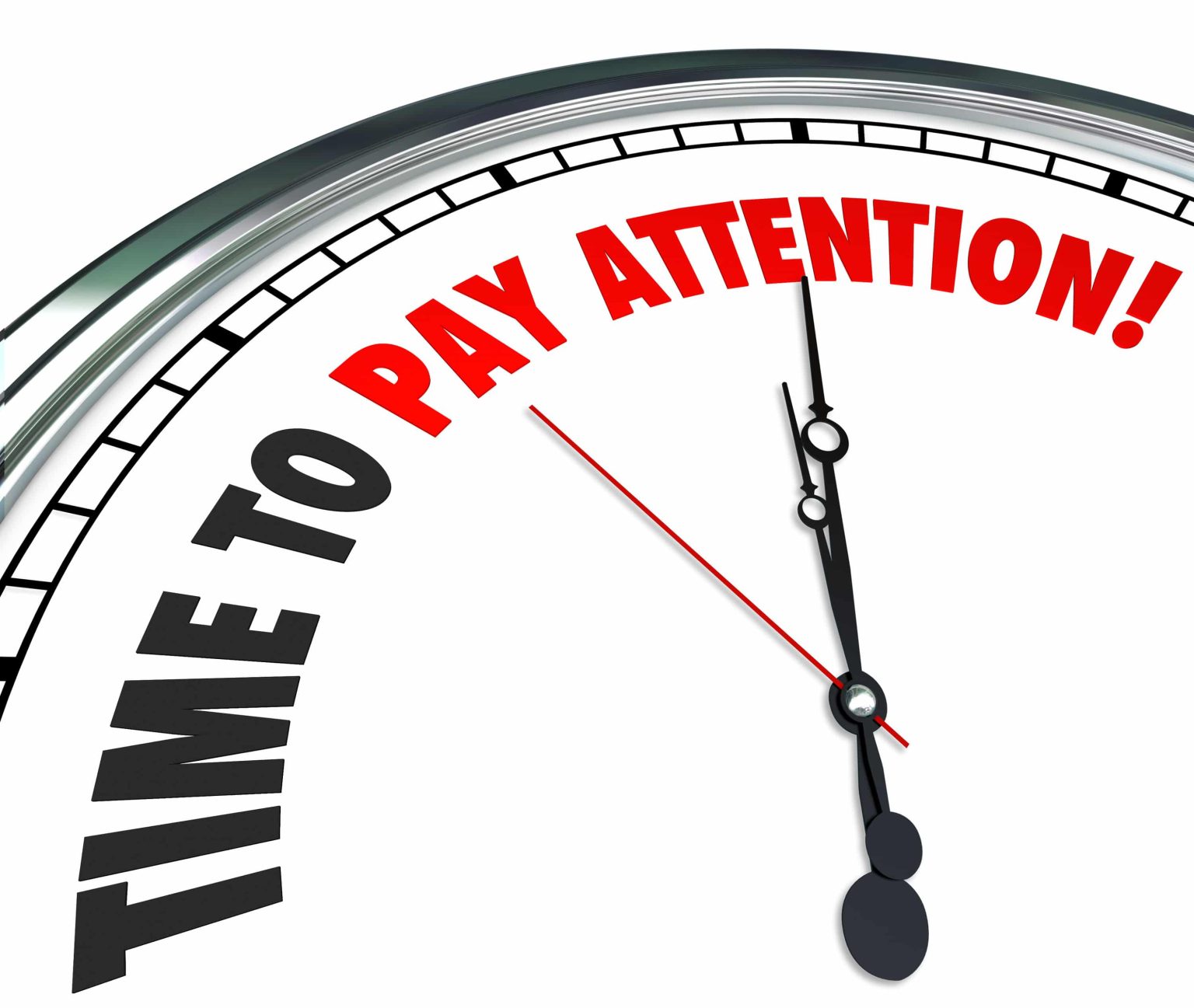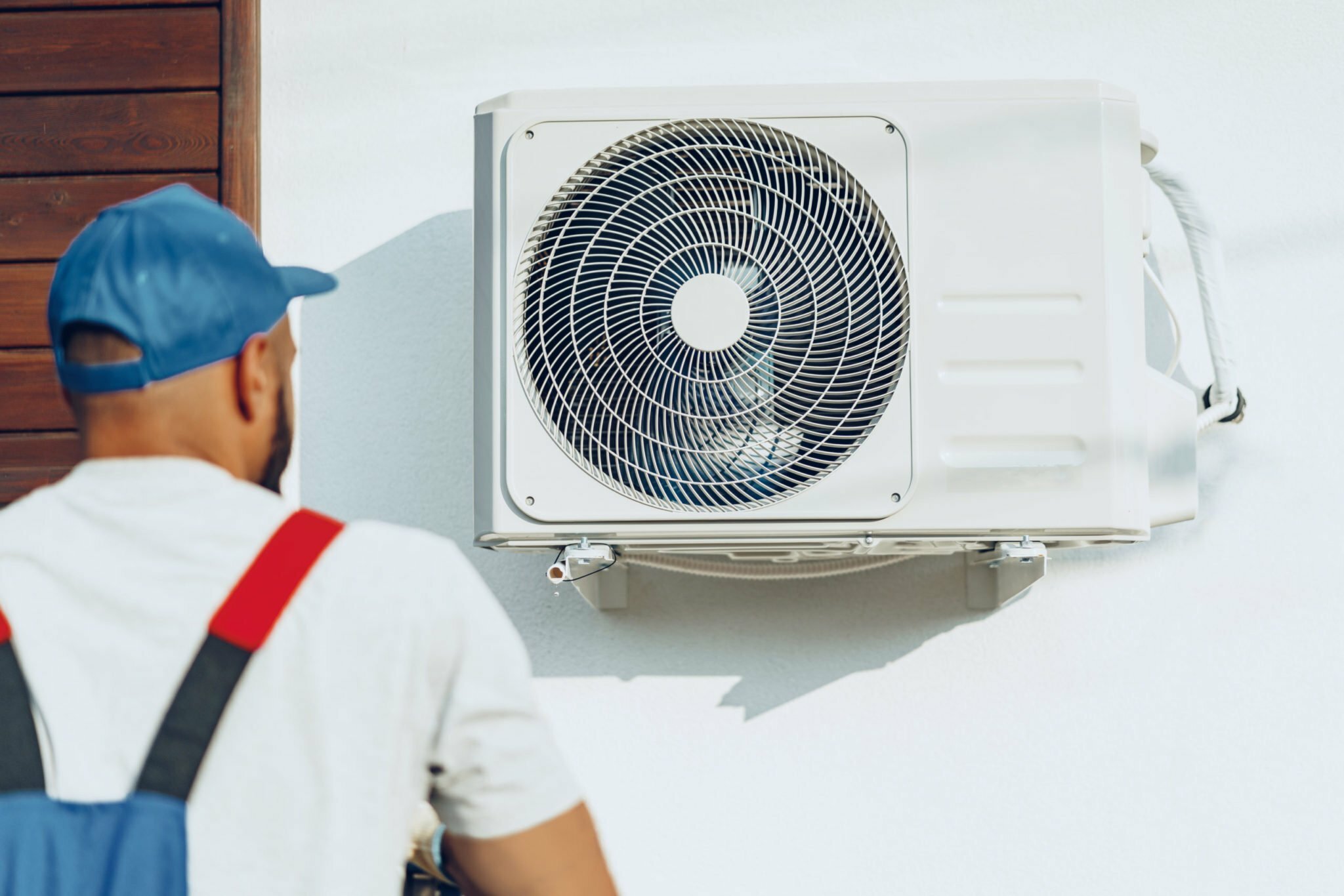How often should ac cycle on and off – How often should your AC cycle on and off? It’s a question that many homeowners ask, especially during the hot summer months. The answer depends on a number of factors, including the size of your AC unit, the outside temperature, and the humidity levels.
In this article, we’ll take a closer look at the factors that influence AC cycling and provide some tips on how to reduce the frequency of cycling.
AC cycling is the process of turning the AC unit on and off to maintain a desired temperature. When the temperature in your home rises above the set point, the AC unit will turn on and cool the air. Once the temperature reaches the set point, the AC unit will turn off.
This cycle will repeat itself throughout the day.
Frequency of AC Cycling

AC cycling refers to the process where an air conditioner (AC) turns on and off repeatedly to maintain a desired temperature. It is a normal operating procedure for AC units and is essential for efficient cooling and energy conservation.
If you’re considering legal action against i-Ready, here’s a comprehensive guide to help you navigate the process. Before you sue, it’s essential to understand the legal grounds and gather evidence to support your case. Remember to consult with an attorney to discuss your options and ensure your rights are protected.
The frequency of AC cycling is influenced by several factors, including:
AC Unit Size, How often should ac cycle on and off
- An oversized AC unit will cool the space too quickly, causing it to cycle on and off frequently.
- An undersized AC unit will struggle to cool the space, leading to longer run times and less frequent cycling.
Thermostat Settings
- A thermostat set to a narrow temperature range (e.g., 1 degree Fahrenheit) will cause the AC to cycle more often.
- A thermostat set to a wider temperature range (e.g., 3 degrees Fahrenheit) will allow the AC to run for longer periods before cycling.
Outside Temperature
- On hot days, the AC will cycle more frequently to keep up with the demand for cooling.
- On cooler days, the AC will cycle less often as there is less need for cooling.
Ductwork
- Leaky or restricted ductwork can reduce airflow, causing the AC to cycle more often.
- Properly sealed and sized ductwork allows for efficient airflow, reducing cycling.
Optimal AC Cycling Rates
Determining the optimal frequency of AC cycling for different AC systems is crucial for maximizing energy efficiency and system longevity. The ideal cycling rate varies based on factors such as system size, type, and operating conditions.
Generally, a higher cycling rate leads to increased energy consumption as the AC unit frequently turns on and off. However, a very low cycling rate can also be detrimental, as it may result in insufficient cooling or overheating, potentially reducing system lifespan.
Energy Efficiency and Cycling Rates
- Higher cycling rates increase energy consumption due to the energy required to start the compressor motor repeatedly.
- Lower cycling rates reduce energy consumption by minimizing the number of compressor starts, but can lead to inefficient cooling.
- The optimal cycling rate balances these factors to achieve maximum energy efficiency.
System Longevity and Cycling Rates
- Frequent cycling can shorten the lifespan of the compressor, as it puts stress on the motor and other components.
- Very low cycling rates can also reduce system longevity, as the compressor may not have sufficient time to remove moisture from the system, leading to corrosion.
- The optimal cycling rate minimizes these risks to ensure maximum system longevity.
Short Cycling and Its Causes
Short cycling refers to the AC system turning on and off frequently, typically within a span of less than 15 minutes. This can lead to several negative consequences, including:
- Reduced efficiency and increased energy consumption
- Premature wear and tear on the compressor
- Inadequate cooling or heating
Common causes of short cycling in AC systems include:
Undersized AC unit
An AC unit that is too small for the space it is intended to cool or heat will struggle to maintain the desired temperature, causing it to cycle on and off frequently.
Refrigerant leaks
Refrigerant leaks can reduce the system’s cooling capacity, leading to short cycling as the AC unit tries to compensate for the lost refrigerant.
Dirty condenser coils
Dirty condenser coils can impede heat transfer, causing the system to overheat and cycle off prematurely.
When mixing 3.2 oz of 2-cycle oil with gasoline, it’s important to consider the appropriate ratio for your engine. Refer to the manufacturer’s instructions or this guide to determine the optimal ratio. Using the correct amount of oil ensures proper lubrication and prevents damage to your engine.
Faulty thermostat
A faulty thermostat can send incorrect signals to the AC unit, causing it to cycle on and off too frequently.
If you’re looking for guidance on filing a lawsuit, check out this comprehensive resource: how to sue i ready. For those using 2-cycle oil, determining the correct gas ratio is crucial. This handy guide: 3.2 oz 2-cycle oil how much gas provides clear instructions and calculations.
Obstructed airflow
Obstructions in the airflow, such as dirty air filters or closed vents, can reduce the system’s efficiency and lead to short cycling.
Consequences of Excessive AC Cycling

Excessive AC cycling can lead to premature wear and tear of the system components, reducing their lifespan and reliability. It also negatively impacts energy consumption and overall performance of the AC unit.
Impact on System Components
Frequent cycling causes excessive stress on the compressor, motor, and other mechanical components. This can lead to premature failure of these components, resulting in costly repairs or replacements. Additionally, excessive cycling can cause the refrigerant to circulate rapidly, leading to lubrication issues and further damage to the system.
Methods to Reduce AC Cycling

Minimizing AC cycling frequency is crucial for efficient operation and longevity of the unit. Implementing proactive measures and following recommended maintenance practices can significantly reduce the occurrence of excessive cycling.
Preventive Measures
- Proper Sizing:An appropriately sized AC unit for the space it serves prevents excessive cooling or heating, reducing the frequency of cycling.
- Clean Air Filter:A dirty filter restricts airflow, causing the AC to work harder and cycle more often. Regular filter cleaning or replacement ensures optimal airflow.
- Clear Obstructions:Ensure there are no obstructions blocking the outdoor unit, such as leaves or debris, as these can impede airflow and trigger cycling.
Maintenance Techniques
- Regular Tune-Ups:Scheduled maintenance by a qualified technician can identify and resolve potential issues that may lead to short cycling, such as refrigerant leaks or electrical problems.
- Coil Cleaning:Dirty coils reduce heat transfer efficiency, causing the AC to work harder and cycle more frequently. Regular coil cleaning improves efficiency and reduces cycling.
- Refrigerant Check:Proper refrigerant levels are essential for efficient operation. A refrigerant leak can lead to reduced cooling capacity and increased cycling.
Impact on Indoor Air Quality
The frequency of AC cycling has a direct impact on indoor air quality. Here’s how:
When an AC unit cycles on and off frequently, it can lead to fluctuations in humidity levels. If the AC cycles too often, it may not have enough time to remove excess moisture from the air, resulting in high humidity levels.
Conversely, if the AC cycles too infrequently, it may overcool the space and cause the air to become too dry.
Air Circulation
AC cycling also affects air circulation. When the AC is running, it circulates air throughout the space, removing pollutants and allergens. However, if the AC cycles too often, the air may not have enough time to circulate effectively, leading to stagnant air and poor indoor air quality.
Wrap-Up
By understanding the factors that influence AC cycling and taking steps to reduce the frequency of cycling, you can help extend the life of your AC unit and save money on your energy bills.
Questions and Answers: How Often Should Ac Cycle On And Off
How often should my AC cycle on and off?
The ideal AC cycling rate is between 4 and 8 cycles per hour. If your AC unit is cycling more frequently than this, it may be a sign of a problem.
What are the factors that influence AC cycling?
The size of your AC unit, the outside temperature, and the humidity levels are all factors that can influence AC cycling.
How can I reduce the frequency of AC cycling?
There are a number of things you can do to reduce the frequency of AC cycling, including:
- Setting your thermostat to a higher temperature
- Using a programmable thermostat
- Sealing air leaks around your home
- Having your AC unit serviced regularly
